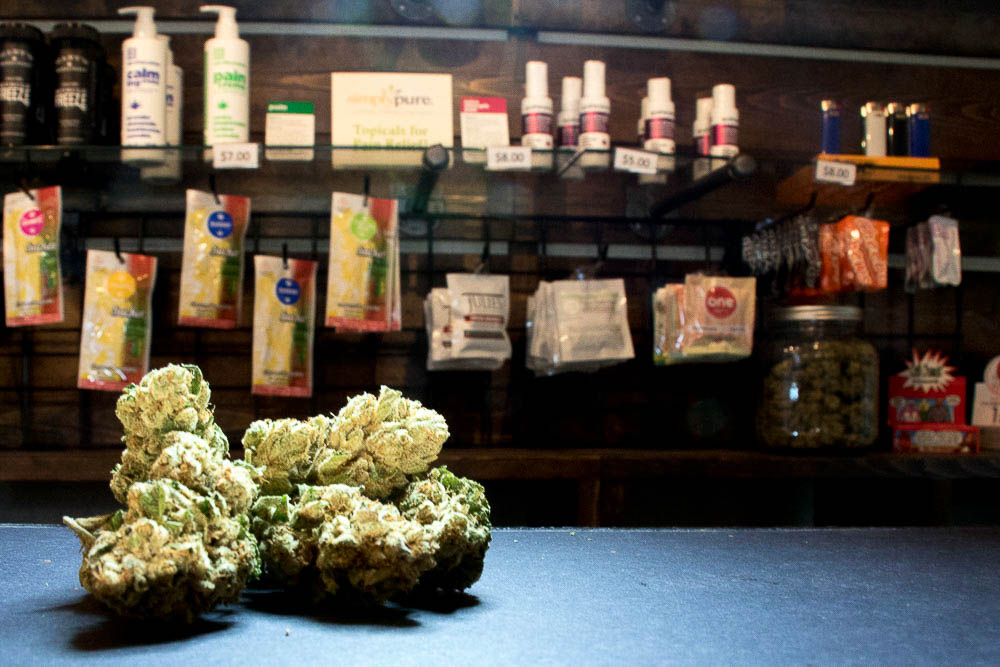
Colorado is launching a new Cannabis Business Office, which aims to create economic opportunities and local jobs in the state’s cannabis industry.
The office was established through Senate Bill 21-111. Under the Colorado Office of Economic Development and International Trade, it will grant loans to social equity licensees — dispensary owners who qualify for a state program that aims to increase diversity in the cannabis industry. It will also award grant money to those owners to support job creation and innovation.
People eligible for social equity licensees include Colorado residents who haven’t owned a marijuana business and those who have either lived in a state-recognized “opportunity zone” for at least 15 years. The pool also extends to people who live in a household making less than half of the state median income, or members of families that have faced judicial repercussions for cannabis offenses.
Initial funding comes from a $4 million transfer from the Marijuana Tax Cash Fund, the sum of all tax revenue collected from cannabis sales. Future legislative sessions may choose to appropriate more money from the cash fund towards the office.
The new office will be headed by Tristan Watkins, who formerly worked as the Chief Science Officer of Boulder-based dispensary Lucidmood.
“The Cannabis Business Office will provide novel and ambitious programming to provide more equitable opportunity in the cannabis industry,” said Watkins. “As the office expands, we are confident it will further solidify Colorado as the leader in the nation’s cannabis industry.”
Since legalizing recreational use of cannabis in 2012, the state has taken steps to foster equity in the industry, but for Black and Latino populations — who have been disproportionately impacted by marijuana laws before legalization — progress is slow. A new state report found that Black and Latino populations are still arrested at a higher rate than white peers. The arrest rate for Black people remains more than double that of whites.








